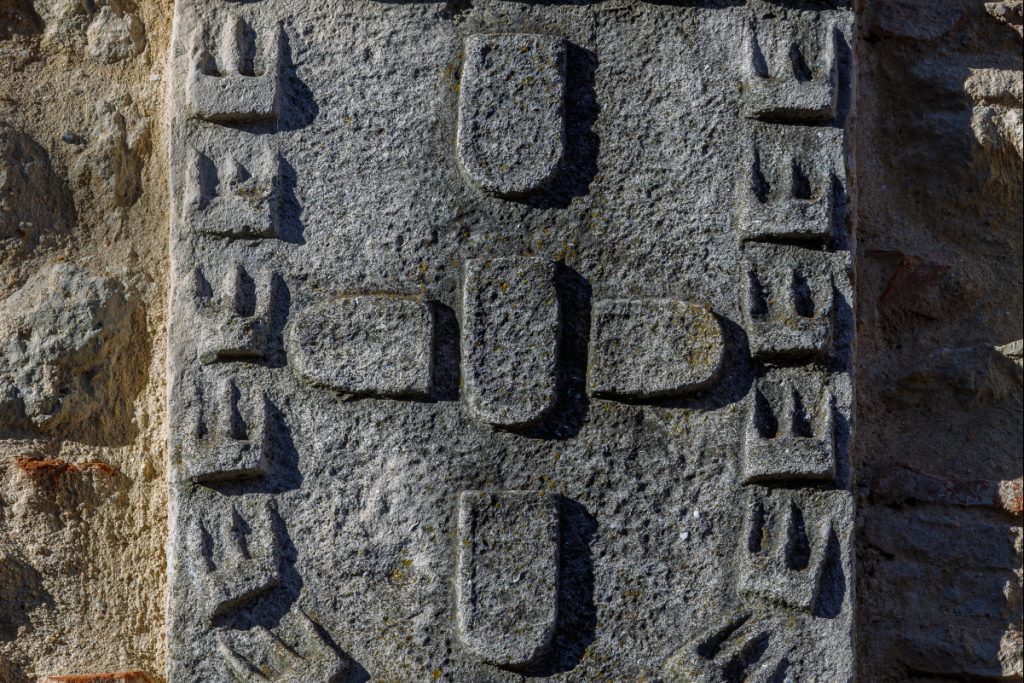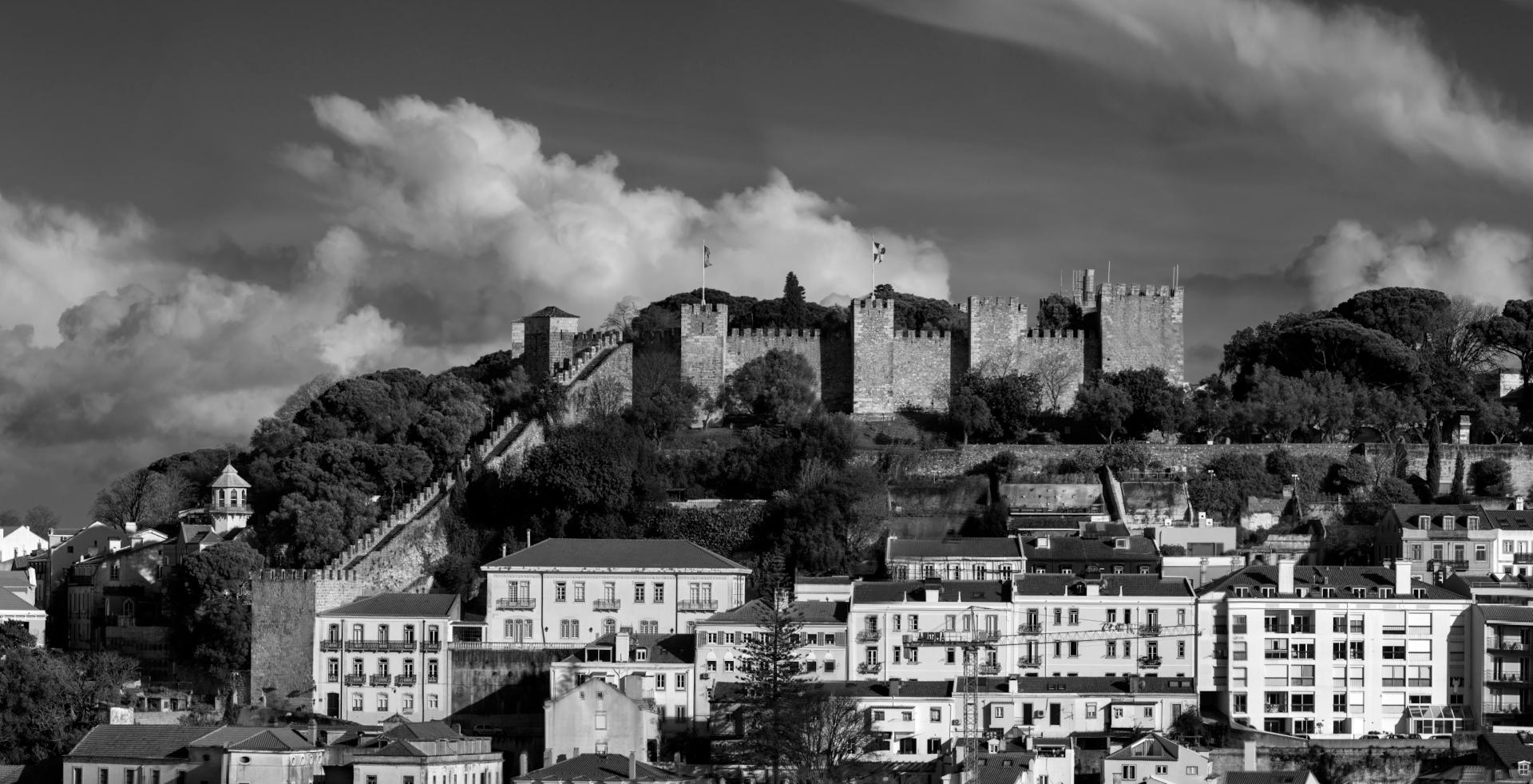King Afonso III

Afonso III, the fifth king of Portugal (1248-1279) ), was not destined to succeed the crown, as he was Afonso II’s second son.
In 1227 he left for France, living in the court of Saint Louis before marrying the Countess of Boulogne-sur-Mer in 1238.
Living in these circles brought him into contact with a sophisticated palace and political life, hitherto unknown in Portugal. Returning to the kingdom following the deposition of his brother, Sancho II, by the pope, he would eventually take the throne when his brother died in 1248. He would go on to conquer the last parts of the Algarve still under the command of the Muslims in 1249.
With the settling down of Portugal’s borders, the monarch was able to dedicate more time to the political organisation of the county. Although he would continue to travel to the main cities and towns in the kingdom, Lisbon gained increasing importance on both a commercial and political level, gradually asserting itself as the “head of the kingdom”. The king seems to have carried out works in the Citadel (as evidenced by his coat of arms being positioned next to the Porta do Espírito Santo), having divested some of the houses he owned there to his mordomo-mor (main butler or “mayor of the palace”), D. João Peres de Aboim, in a diploma which unequivocally mentions the existence of Royal Palaces (“Palatijs meis”). It was here that he was living in 1277, when the papal legate Friar Nicolau Hispano travelled to Portugal, as referred to in the letters he sent to the Holy See at the “Palatium de Castellum” (the Castle Palace). The king would end up being excommunicated.
